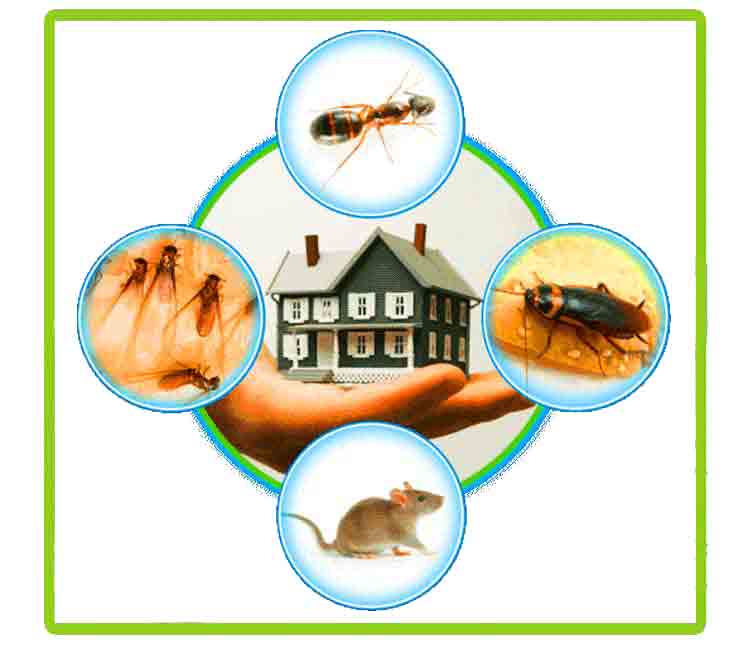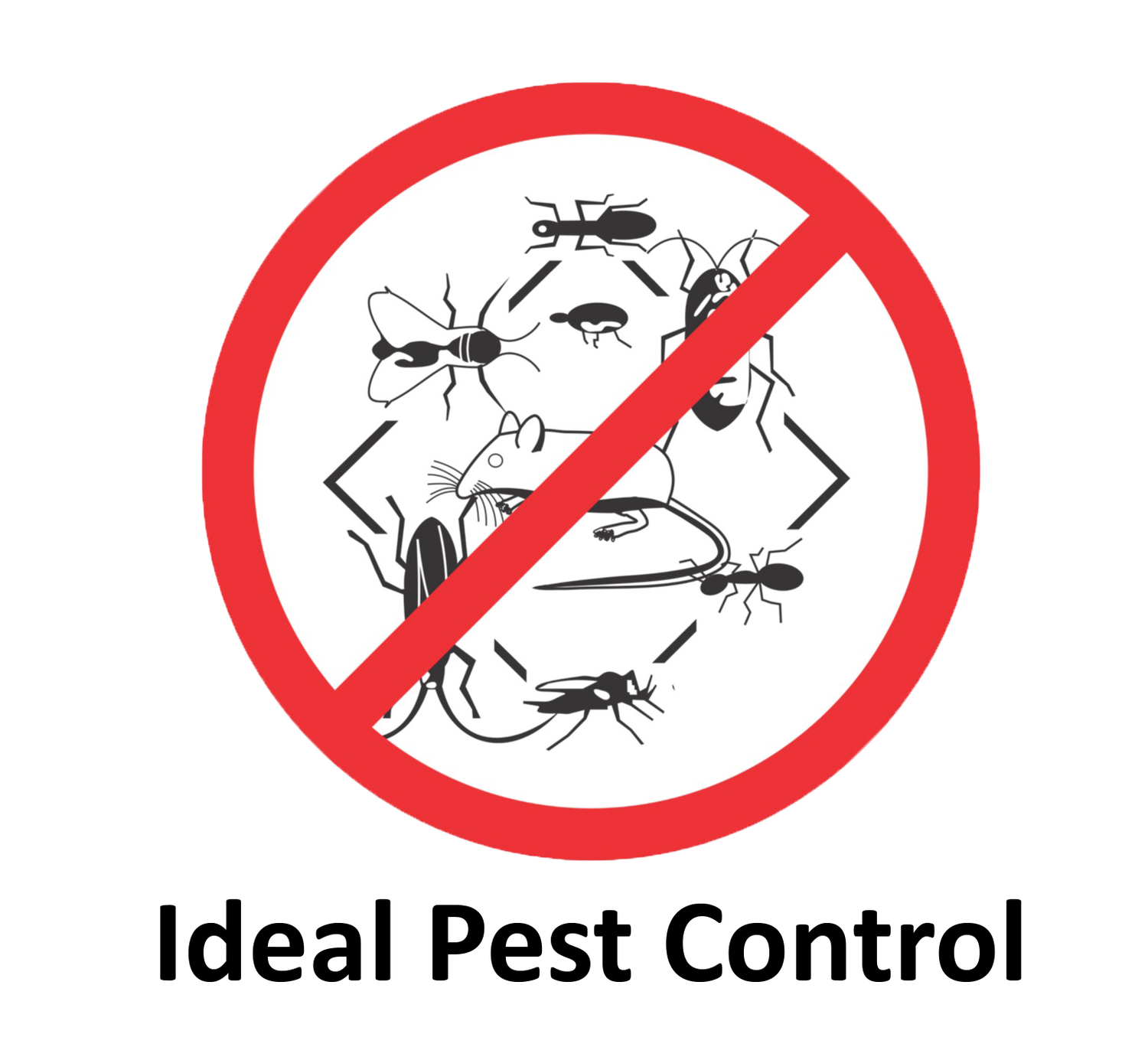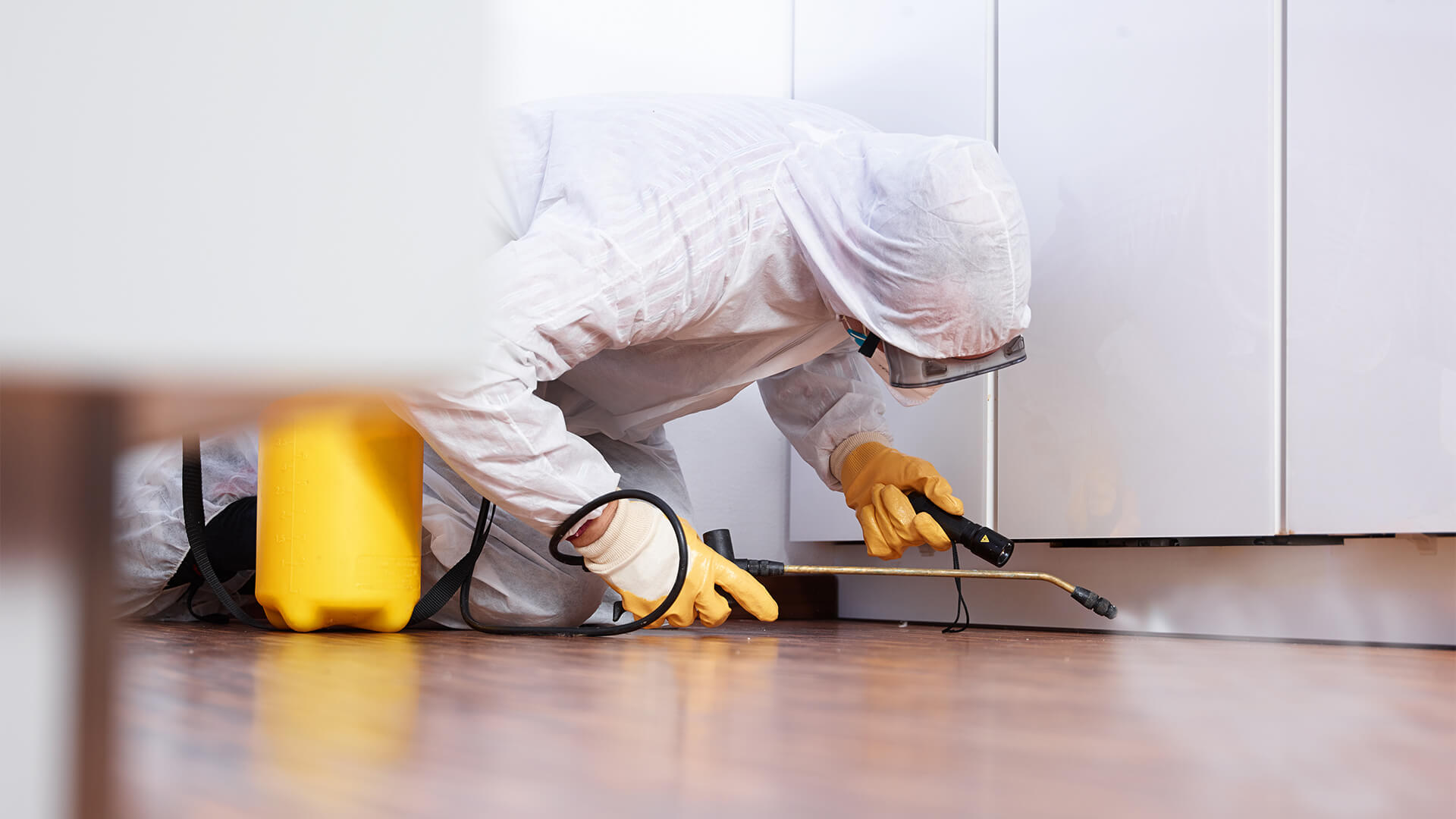Safe and Trusted Insect Control for Lasting Defense
Reliable insect monitoring calls for a multifaceted approach that balances ecological stability with the requirement for effective insect reductions. The subtleties of these methods might not be promptly clear, motivating a more detailed exam of the methods that can lead to sustainable parasite control end results.
Understanding Parasite Control Techniques
Insect control encompasses a selection of methods focused on managing and eradicating undesirable bugs and rodents that can threaten both wellness and building. Comprehending these methods is critical for reliable bug management.
The key categories of bug control methods consist of mechanical, biological, and chemical strategies. Mechanical methods entail physical barriers and traps to prevent parasite entrance and capture undesirable species. Utilizing screens on windows or employing sticky traps can considerably decrease parasite populaces without presenting harmful compounds - exterminator coquitlam.

Chemical pest control is typically one of the most identified approach, making use of chemicals to remove parasites. These chemicals can be efficient but should be utilized with caution to avoid unfavorable effects on non-target varieties and the atmosphere.
Advantages of Eco-Friendly Solutions
How can green remedies change parasite control practices? The fostering of environment-friendly pest control techniques supplies numerous advantages, significantly improving the effectiveness and safety of parasite management.

Another advantage is the positive effect on regional biodiversity. Green solutions are developed to target certain insects while protecting beneficial insects and wildlife, promoting a balanced environment. This strategy straightens with the expanding customer need for lasting techniques, boosting the reputation of pest control suppliers.
Integrated Bug Monitoring Approaches
The execution of green remedies naturally results in the adoption of Integrated Pest Monitoring (IPM) strategies, which additionally improve parasite control efficiency. IPM is an alternative strategy that incorporates multiple strategies to manage parasite populaces while decreasing ecological impact. This strategy stresses using organic, cultural, mechanical, and chemical controls, guaranteeing a balanced and lasting approach of insect management.
One fundamental facet of IPM is the complete evaluation of pest task and environmental problems. By keeping track of parasite populaces and identifying their life process, professionals can implement targeted interventions that disrupt the bug's habitat or lifecycle, lowering reliance on chemical pesticides. Additionally, social practices such as plant turning and environment control can significantly lessen insect facility and recreation.
Another essential component is the usage of biological control representatives, such as recommended you read beneficial bugs or microorganisms, which can normally subdue insect populaces. When chemical applications are required, IPM focuses on using low-risk pesticides and uses them selectively, lessening direct exposure to non-target organisms and human beings.
Incorporating IPM techniques not just improves insect control performance but likewise advertises a more secure community, lining up with the growing demand for lasting techniques in insect administration.
Safe Practices for House Owners
Understanding the relevance of secure methods in pest control can equip property owners to properly manage parasite issues while securing their wellness and the environment. Executing safe approaches and preventative measures is critical in minimizing exposure to hazardous chemicals.
House owners need to initially evaluate their environment for problems that bring in insects, such as standing food, mess, and water waste. Consistently cleansing and sealing access points can deter parasites from getting into the home. Utilizing all-natural deterrents, such as necessary oils or diatomaceous earth, can provide effective alternatives to chemical pesticides.
When chemical therapies are required, homeowners need to choose items that are particularly classified as risk-free for domestic usage. It is vital to follow application standards carefully to stay clear of overexposure. In addition, utilizing targeted treatments in areas where parasites are determined, instead than blanket spraying, can dramatically decrease chemical usage.
Lastly, preserving open interaction with parasite control experts is essential. Property owners need to inquire regarding the safety and security of products made use of and demand environment-friendly alternatives whenever possible. By embracing these secure techniques, home owners can create a healthier living setting while effectively managing bug concerns.

Tips for Long-Term Security
Developing a parasite management method that stresses long-term protection can significantly improve the efficiency of the secure techniques formerly discussed. To accomplish this, property owners ought to execute regular examinations of their home, concentrating on hidden areas such as attic rooms, basements, and crawl spaces. Early discovery of pest task is crucial in preventing invasions from holding.
These methods decrease attractants that attract insects into the home. Securing entrance factors, such as splits around windows and doors, can properly block possible bug gain access to.
Landscaping needs to likewise be considered; maintaining plants trimmed and preserving a range between plant life and the home lessens hiding areas for pests. Using all-natural deterrents, such as necessary oils or diatomaceous earth, can additionally discourage problems without resorting to extreme chemicals.
Lastly, working together with a professional bug control solution for periodic assessments can provide an additional layer my explanation of protection. These experts can use customized recommendations and progressed therapies, guaranteeing that your home continues to be protected against bugs in the long-term.
Conclusion
To conclude, secure and dependable pest control needs a diverse strategy that emphasizes green approaches and integrated bug monitoring. By implementing natural deterrents, conducting routine assessments, and keeping correct hygiene, home proprietors can dramatically lower parasite populaces while protecting advantageous insects and the atmosphere. Collaboration with expert insect control services enhances the effectiveness of these methods, guaranteeing customized remedies that provide long-term protection and comfort versus future problems.
Efficient bug administration needs a multifaceted approach that balances eco-friendly integrity with the need for effective parasite reductions. The adoption of environment-friendly insect control methods offers countless advantages, significantly boosting the efficiency and safety and security of bug management.The implementation of environmentally friendly solutions naturally leads to the adoption of Integrated Pest Monitoring (IPM) techniques, which better improve pest control efficiency. exterminator coquitlam. By checking bug populations and recognizing their life cycles, professionals can implement targeted treatments that interrupt the bug's habitat or lifecycle, lowering reliance on chemical pesticides.In verdict, trustworthy and safe bug control needs a complex approach that stresses environmentally friendly approaches see this page and integrated bug management